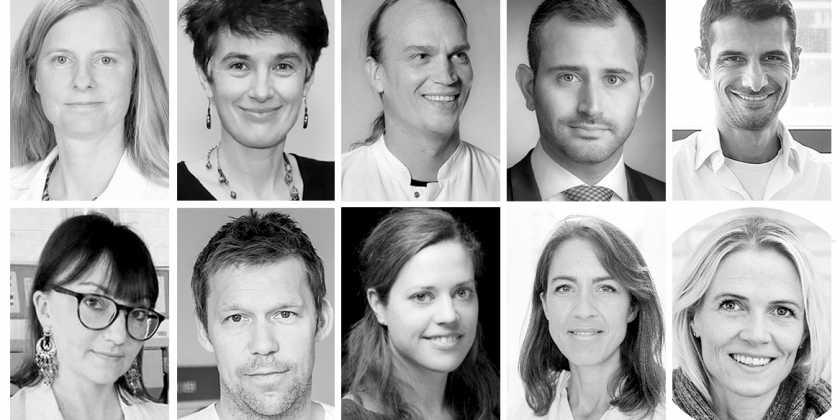Cancer Crosslinks 2024: meet the speakers
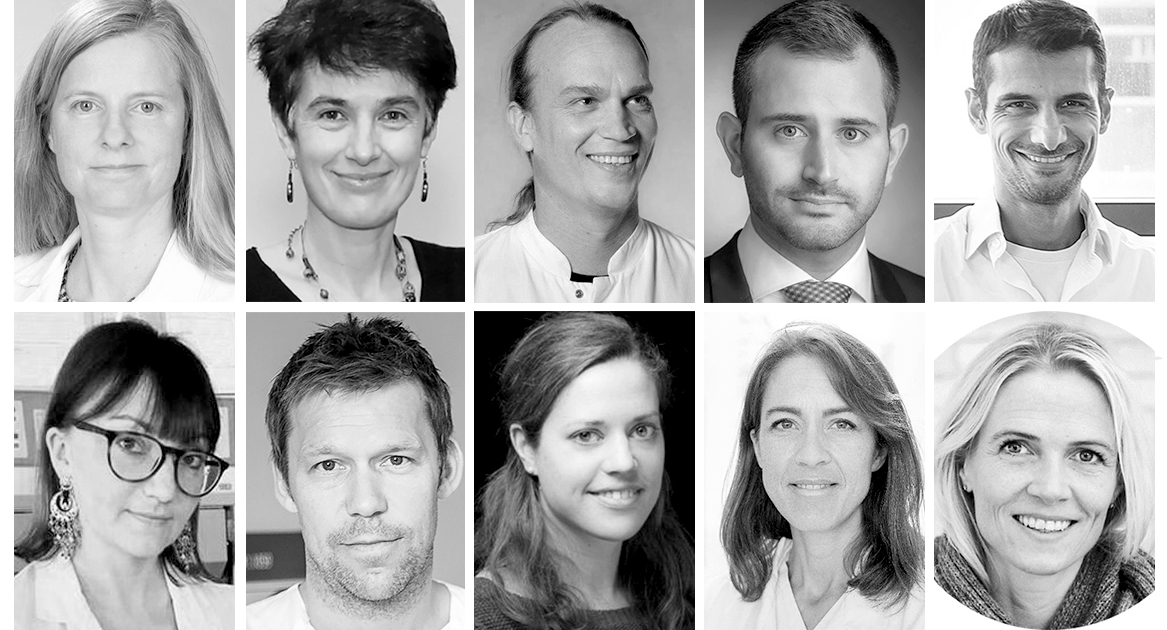
Join us for a day of educational talks and mingling with colleagues in the oncology community.
Cancer Crosslinks 2024 will take place on-site in Kaare Nourum Auditorium at Oslo Cancer Cluster Innovation Park on 25 January 2024, starting at 10:30. You can read more about the programme, and register here.
The event features distinguished speakers from Germany, France, the UK, and the USA, presenting the latest advancements in diagnostic and treatment options for solid and haematological cancers. With a focus on bridging innovations for improved clinical outcomes, the program includes talks by renowned experts, such as Prof. Sonja Loges on targeted therapies, Dr Lisa Derosa on microbiota-centred interventions and cancer immunotherapy, Dr Leo Rasche on tumour heterogeneity in multiple myeloma, Dr Raza Ali on highly multiplexed imaging for precision breast immuno-oncology, Dr Paolo Tarantino on antibody-drug conjugates, and Prof. Mihaela van der Schaar on AI-enabled personalized medicine.
The event also highlights Norwegian moderators, including Dr Vilde Drageset Haakensen, Dr Marte Grønlie Cameron, Dr Fredrik Schjesvold, and Dr Katrin Kleinmanns.
Cancer Crosslinks 2024 title is “Bridging innovations to improve clinical outcomes for cancer patients”. To kick off Cancer Crosslinks 2024, Sonja Loges will speak on this topic in her keynote presentation
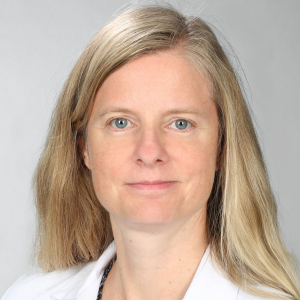
Prof. Sonja Loges. Photo: ESMO.
Sonja Loges
Professor, Director, Dept of Personalized Oncology, DKFZ-Hector Cancer Institute & Division of Personalized Medical Oncology, University Medical Centre Mannheim, Heidelberg University, Germany. Prof. Loges is at the forefront of transformative research, focusing on targeted therapies and non-invasive liquid biopsies. Her work in translational research bridges the gap between scientific discoveries and clinical applications, offering personalized and cutting-edge approaches for improved cancer outcomes.
Targeted therapies are a type of cancer treatment that specifically targets the cancer cells while minimizing damage to healthy cells.
Liquid biopsies involve analyzing bodily fluids to detect cancer-associated substances like genetic mutations and proteins. Non-invasive tests can be conducted without the need for traditional tissue biopsies.
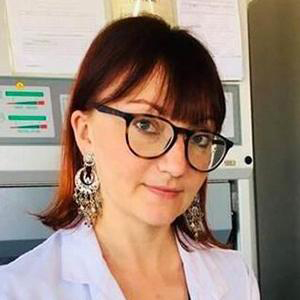
Dr Lisa Derosa
Lisa Derosa
Immuno-Oncologist, Associate Professor, Tumour Immunology and Immunotherapy of Cancer unit, Zitvogel Lab, Institut Gustave Roussy, Paris, France. Her research focuses on the influence of gut microbiota on cancer development and treatment. Dr Derosa introduced how antibiotics can suppress the immune system in cancer immunotherapy and examined the impact of gut microbiota composition on antitumor immunity with immune checkpoint inhibitors. She will give a talk on Microbiota-centered interventions and cancer immunotherapy: recent learnings and clinical implications.
Immune checkpoint inhibitors are a type of cancer treatment that helps the immune system recognize and attack cancer cells more effectively by releasing T-cells. The gut microbiota’s composition seems to play a role in how well this type of treatment works.
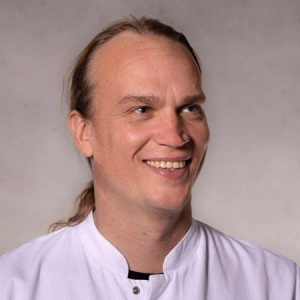
Dr Leo Rasche, Photo: Ukw.
Leo Rasche
Senior Physician, Specialist in Internal Medicine, Haematology and Oncology, University Hospital Würzburg, Junior Group Leader, Mildred Scheel Nachwuchszentrum (MSNZ) for Cancer Research Germany. Dr Leo Rasche focuses on researching multiple myeloma, a cancer affecting plasma cells in the bone marrow. His work includes using medical imaging to understand the disease, exploring tumour genomics for genetic insights, studying tumour evolution over time, and developing immunotherapy approaches for treatment. Rasche will give a talk on Tumor heterogeneity in multiple myeloma: clinical consequences?
Tumour evolution refers to the changes in the genetic and molecular characteristics of cancer cells as the disease progresses. Understanding this evolution is crucial for developing targeted and effective treatments.
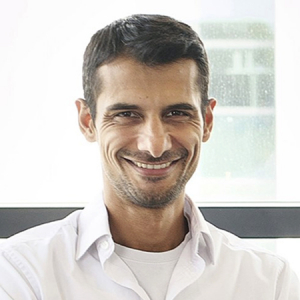
Dr Raza Ali. Photo: privat.
Raza Ali
Group Leader, Systems Cancer Pathology Lab, Honorary Consultant Pathologist, Cancer Research UK Cambridge Institute, University of Cambridge, UK. His research group uses imaging mass cytometry to investigate breast cancer’s spatial dynamics, analyzing cell changes during disease progression and treatment. The method identifies adaptations and biomarkers influencing relapse and treatment outcomes. Dr Ali will give a talk on Highly multiplexed imaging for precision breast immuno-oncology.
Imaging mass cytometry is an advanced imaging technique that allows researchers to simultaneously analyse multiple biomarkers and cellular characteristics within tissue samples.
Biomarkers are measurable indicators of disease severity or presence. It can be a substance indicating a particular disease state. For example, the presence of an antibody may indicate an infection.
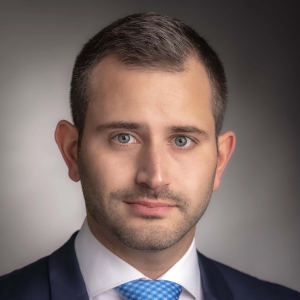
Dr Paolo Tarantino. Photo: Sam Ogden.
Paolo Tarantino
Advanced Research Fellow at Dana-Farber Cancer Institute, Harvard Medical School, Boston, MA, USA. Dr. Tarantino’s research focuses on three key areas: HER2 oncoprotein study, delving into its role in certain breast cancers; exploration of HER2-low breast tumour biology; and innovation in novel antibody-drug conjugates, refining precision in chemotherapy delivery for enhanced cancer treatment. He will give a talk called Antibody-drug conjugates: a pan-histologic revolution in the treatment of cancer.
HER2 (Human Epidermal Growth Factor Receptor 2) is a protein that can promote the growth of cancer cells. Its overexpression is associated with more aggressive forms of breast cancer.
Membrane Tyrosine Kinase: HER2 is a type of protein that sits on the cell membrane (outer layer of the cell) and can activate other proteins inside the cell by adding phosphate to them.
Oncogene: An oncogene is a gene that, when mutated or overactive, can contribute to cancer development. HER2 is an oncogene.
Novel antibody-drug conjugates: (ADCs) refer to a type of targeted cancer therapy that combines the specificity of monoclonal antibodies with the cytotoxic (cell-killing) properties of chemotherapy drugs. This combination is designed to deliver chemotherapy directly to cancer cells while minimizing damage to healthy cells.
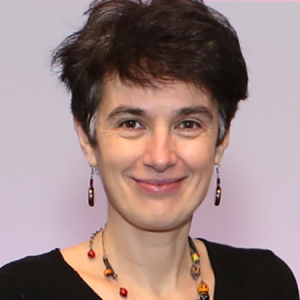
Prof. Mihaela van der Schaar
Mihaela van der Schaar
John Humphrey Plummer Professor of Machine Learning, AI, and Medicine. Director, Cambridge Center for AI in Medicine, University of Cambridge. In addition to leading the van der Schaar Lab, Prof. Mihaela is the founder and director of the Cambridge Centre for AI in Medicine (CCAIM)UK.
Prof. Mihaela van der Schaar is a pioneer in the field of machine learning for healthcare. Her research is primarily focused on improving methods to forecast individual health risks and identifying crucial factors for accurate risk prediction. Her groundbreaking research findings have led to the development of improved treatment options for patients suffering from heart failure, cystic fibrosis, breast cancer, and Alzheimer’s disease. Her research has made significant contributions to personalized and targeted healthcare interventions. She will give a talk on AI-enabled personalized medicine.
Norwegian moderators
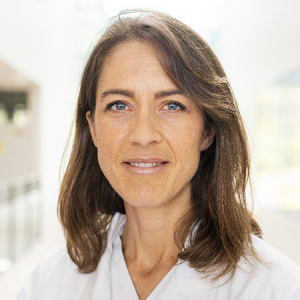
Dr Vilde Drageset Haakensen
Vilde Drageset Haakensen
Senior Consultant Oncologist and Head of Lung Cancer Research, Dept of Oncology & Project group leader, Dept of Cancer Genetics, Oslo University Hospital, Norway. She leads projects studying checkpoint inhibitors, radiotherapy combinations, and the telomerase peptide vaccine UV1. Dr Haakensen is also involved in repurposing targeted therapy for lung cancer, specifically ALK-inhibitors for ALK-negative tumours. She secures research grants, collaborates with industrial partners, and contributes to patient advocacy, cancer centre standards, and European cancer initiatives.
ALK inhibitors are a type of medication that specifically targets and blocks the activity of the ALK protein. This helps to inhibit the growth of tumours that have ALK alterations. These inhibitors have been effective in treating certain types of cancer, such as non-small cell lung cancer.
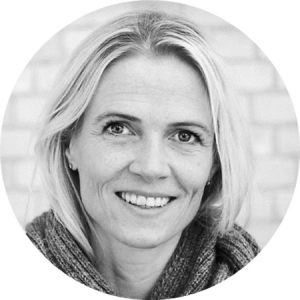
Dr Marte Grønli Cameron
Marte Grønlie Cameron
Clinical Oncologist, Palliative Care Unit and Head of Research at the Center for Cancer Treatment, Sørlandet Hospital, Kristiansand, Norway. Dr Marte Cameron is a consultant clinical oncologist at the Center for Cancer Treatment in Kristiansand, Norway. For the majority of her career, she has worked as a gastro-oncologist, and for the past three years, in the Palliative Care Unit of the cancer center. Dr Cameron’s clinical practice and research interests now converge on targeting symptoms of advanced cancer, particularly neuropathic pain.
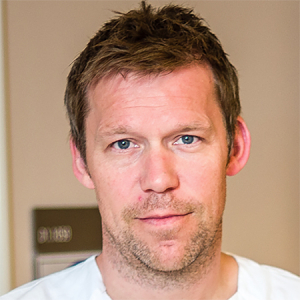
Dr Fredrik Schjesvold
Fredrik Schjesvold
Leader of Oslo Myeloma Center, Dept of Haematology, Oslo University Hospital, Norway. Head of the Norwegian Myeloma Association, President of the Nordic Myeloma Study Group, and board member of the European Myeloma Network. Dr Schjesvold is recognized globally as an expert in myeloma and shares his insights through talks across Europe, America, and Asia. His research contributions are extensive, being a principal investigator for academic studies and a national investigator for numerous clinical trials in multiple myeloma. Additionally, he has played a crucial role in guideline development, co-authoring European (ESMO) and global (IMWG) guidelines, and leading the creation of Norwegian myeloma guidelines.
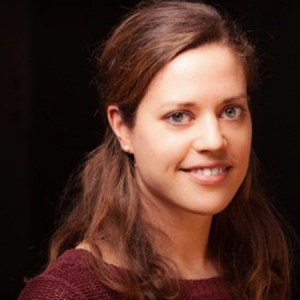
Dr Katrin Kleinmanns
Katrin Kleinmanns
Researcher, Precision Oncology Lab (PrecOS), Innovative Novel Ovarian Cancer Treatment Approaches (INOVA) group, University of Bergen, Norway. Dr Kleinmanns work within the Innovative Novel Ovarian Cancer Treatment Approaches (INOVA) group centres on developing and characterizing immunocompetent patient-derived xenograft (PDX) models of ovarian carcinomas. Her primary objectives include implementing targeted fluorescence image-guided surgery to enhance surgical outcomes and phenotypically characterizing the intricate ovarian tumour microenvironment. Dr Kleinmanns aims to identify new immunological targets for innovative therapeutic interventions in ovarian cancer treatment.
Patient-derived xenograft (PDX) models are a preclinical research tool used in cancer research. A PDX model is a type of mouse model that carries fragments of a patient’s tumour. These models are highly valuable because they attempt to replicate the characteristics of the original tumour within a living organism.
Afternoon mingle
The educational program includes an afternoon networking session. You are welcome to join us at 4:15 pm outside the auditorium.
Don’t miss this opportunity to make new connections in the oncology community, revisit old acquaintances and engage in stimulating discussions with other health professionals.
Read more about the event on the Cancer Crosslinks website
The post Cancer Crosslinks 2024: meet the speakers first appeared on Oslo Cancer Cluster.

